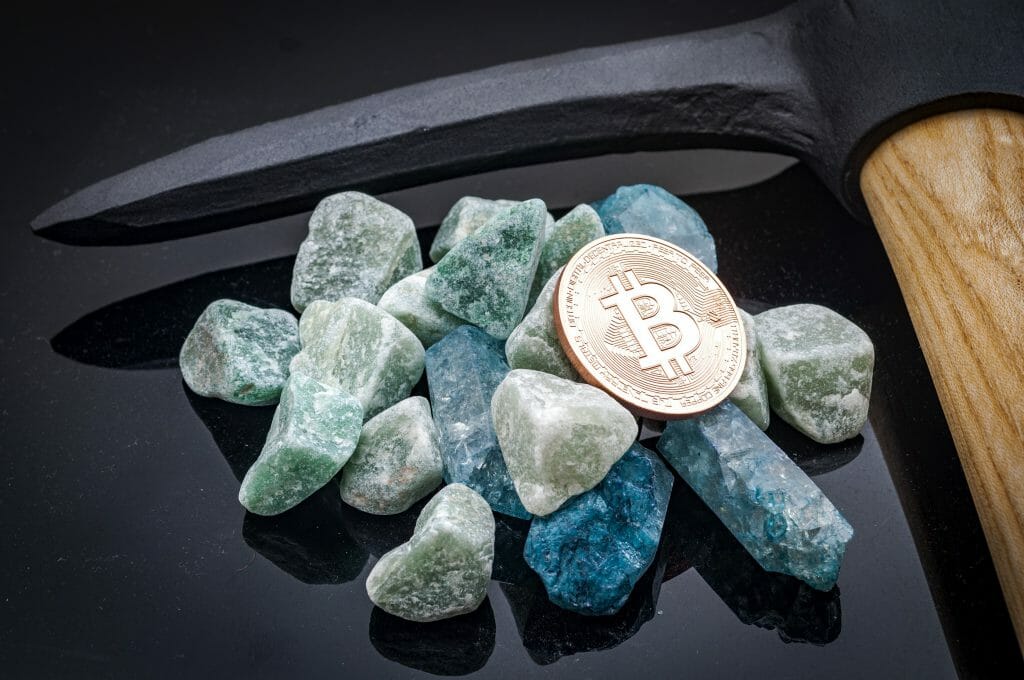After the next elections, El Salvador will remain committed to its decision to adopt BTC as legal tender.
On Wednesday, the vice president of El Salvador asserted that Bitcoin will continue to be legal tender in the country during President Nayib Bukele’s second term.
Bukele is expected to comfortably win the country’s next elections thanks to the strong repression carried out on gangs. For this reason, Félix Ulloa, vice president of El Salvador, temporarily licensed to run for re-election with Bukele, has highlighted his commitment to the adoption of BTC as legal tender by the Central American nation.
Likewise, the recent statement also comes after the International Monetary Fund (IMF) asked El Salvador to “reconsider the adoption of BTC” during negotiations for a $1 billion loan.
“The government has no intention of reversing the adoption decision,” said Félix Ulloa in an interview with Reuters. The vice president added that the recent decision by the US Securities and Exchange Commission (SEC) to allow exchange-traded funds (ETFs) that track Bitcoin “only strengthened” his resolve to adopt cryptocurrencies.
The recently approved cryptocurrency ETFs have been considered by experts as a turning point for Bitcoin, as they offer traditional investors exposure to BTC without owning the tokens directly.
“Right now, Bitcoin enjoys the greatest credibility in the world,” said Ulloa.
Additionally, Félix Ulloa also added that the government will continue building the “Bitcoin City”, a tax-free city, proposed by Nayib Bukele.
Ulloa explained that they will also continue with the proposal to issue passports to those investors who contribute the equivalent of $1 million dollars in Bitcoins in the country.
Bitfinex Securities Bet on El Salvador and Its Experiment with Bitcoin
In September 2021, El Salvador became the first country in the world to establish Bitcoin as legal tender. However, this drew widespread criticism from financial regulators.
The IMF, which is openly critical of the fact that the government is negotiating a $1.3 billion loan, has expressed concern. However, Ulloa remains hopeful that the obstacles can be overcome. “Most of the package has already been agreed,” he said.
According to a study carried out by the Institute of Public Opinion of the country’s Central American University, 70% of the country’s inhabitants were not willing to accept such legal tender in El Salvador.
The recent news comes amid the official announcement of the launch in El Salvador of “Bitfinex Securities”, a trading platform for Bitfinex tokenized securities, which took place on Wednesday.
The head of operations at Bitfinex Securities, Jesse Knutson, expressed that El Salvador’s financial performance in the last 3 years has been above its regional peers. Furthermore, Knutson attributed this growth in part to investment and tourism driven by the adoption of Bitcoin in the country.
“The development of a tokenized securities industry in El Salvador means a substantial leap for financial innovation in Latin America and globally,” said the Bitfinex statement.
El Salvador’s next elections, scheduled for February 4 of this year, will elect the president, vice president and the 60 deputies of the Legislative Assembly.
Despite numerous criticisms of his mandate, Nayib Bukele is positioning himself to emerge victorious in the upcoming elections for a second term. According to surveys, Bukele has approximately 69.9% of voters who approve of his candidacy for re-election.
Before Nayib Bukele came to power, presidents in El Salvador could only run for a single term.
By Leonardo Perez











